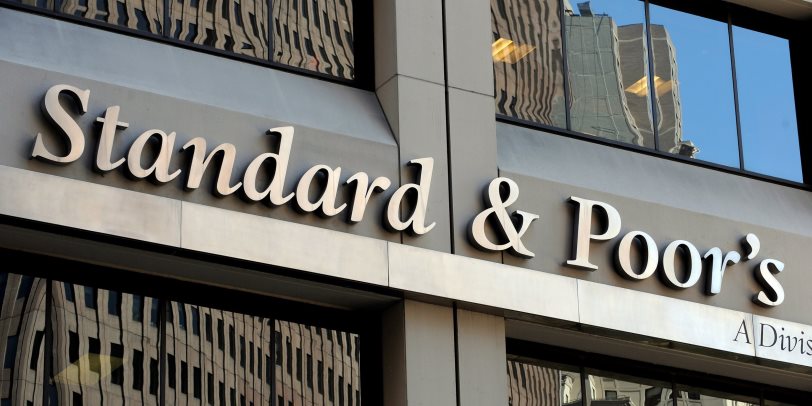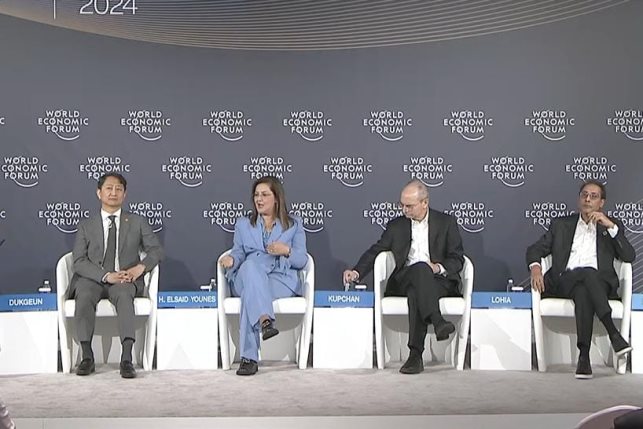Egypt’s PMI see slight climb while optimism in non-oil sector falls to 2nd lowest rating
Companies in the sector, who were mildly optimist positive that output will rise over the next 12 months, were increasingly concerned that inflationary pressures will limit growth

Optimism in the private non-oil sector continues to dwindle, as the outlook for future business activity fell into the second-lowest recorded rating since April 2021, after hitting an all-time low in March, revealed the latest S&P Global Egypt Purchasing Managers' Index (PMI) report.
According to the report, companies in the sector, who were mildly optimist positive that output will rise over the next 12 months, were increasingly concerned that inflationary pressures will limit growth.
Egypt’s PMI saw a slight incline in May 2022, recording 47.0 in May, up slightly from 46.9 in April but “still pointing to a deterioration in the health of the sector.”
Non-oil private sector activity and demand in Egypt contracted for the 18th consecutive month in May 2022.The report pointed towards rising price and inflammatory pressures, the Russia/Ukraine conflict, the continued impact of COVID-19, and import restrictions.
"Non-oil business conditions in Egypt remained pinned down by rapid inflationary pressures in May, as survey panelists indicated that rising market prices led to a sharp drop-off in demand and a further increase in business expenses,” explained David Owen, Economist at S&P Global Market Intelligence.
The import ban on certain products caused supply shortages for several firms and a new requirement for letters of credit for importing many goods resulted in increased customs delays, S&P Global said.
"Wait times for inputs meanwhile lengthened for the seventh month running as firms commented on further delays at customs following the requirement of Letters of Credit for imported goods. Moreover, the banning of a number of foreign products in April left several businesses searching for alternatives and having to reduce activity in the short run,” Owen added.
On the other hand, the rate of input cost inflation accelerated to the highest level for 6 months in May, with staff costs slightly rising for the first time in 5 months. Non-oil companies raised their charges to a greater extent in May, although the increased charges “was only modest, suggesting that firms were not marking up their prices as frequently as cost rises in order to protect sales volumes.”
The sub-index for future output expectations declined to 55.2, its second lowest reading since the survey first included the category 10 years ago. The index was at 57.7 in April.





